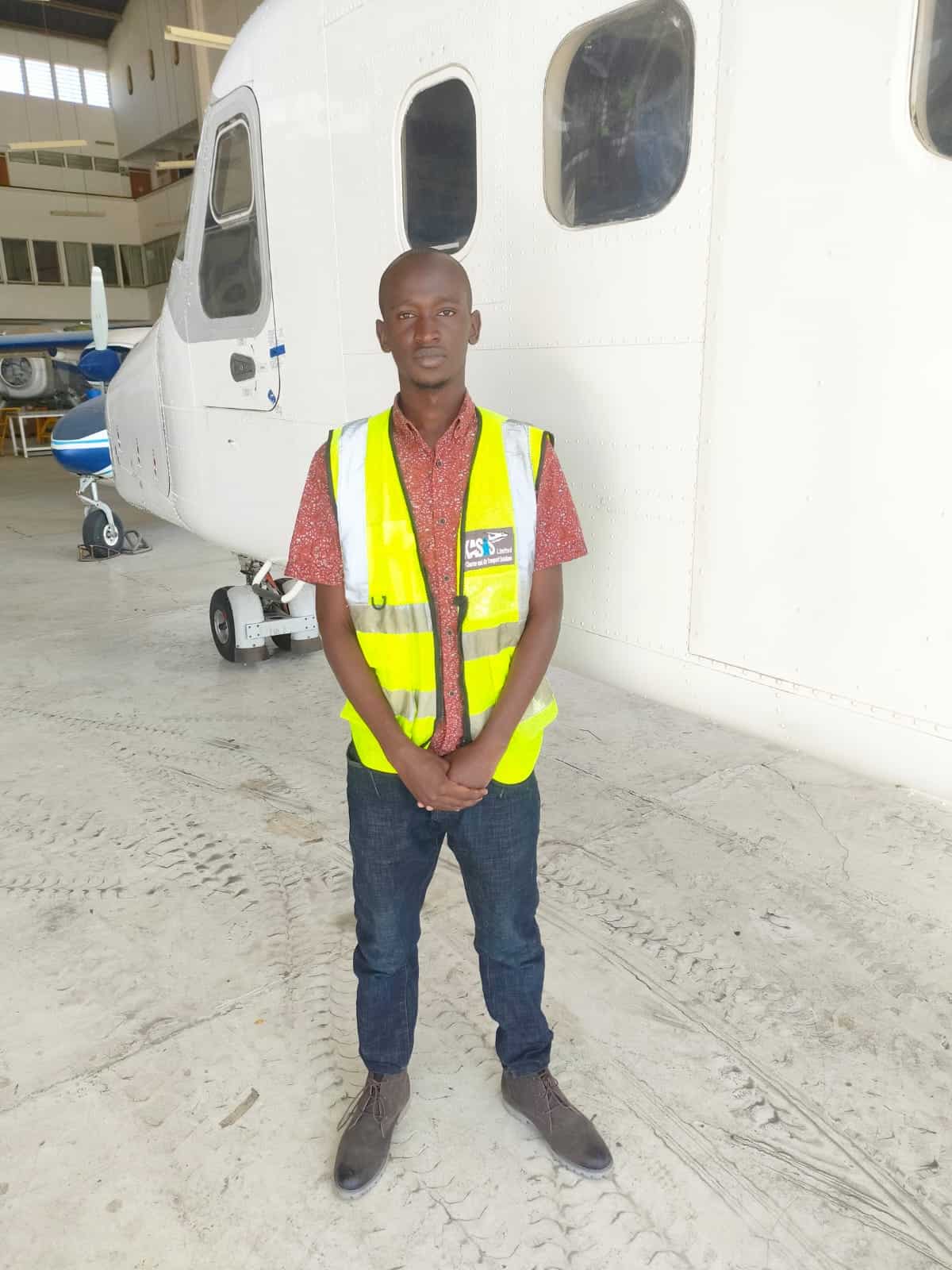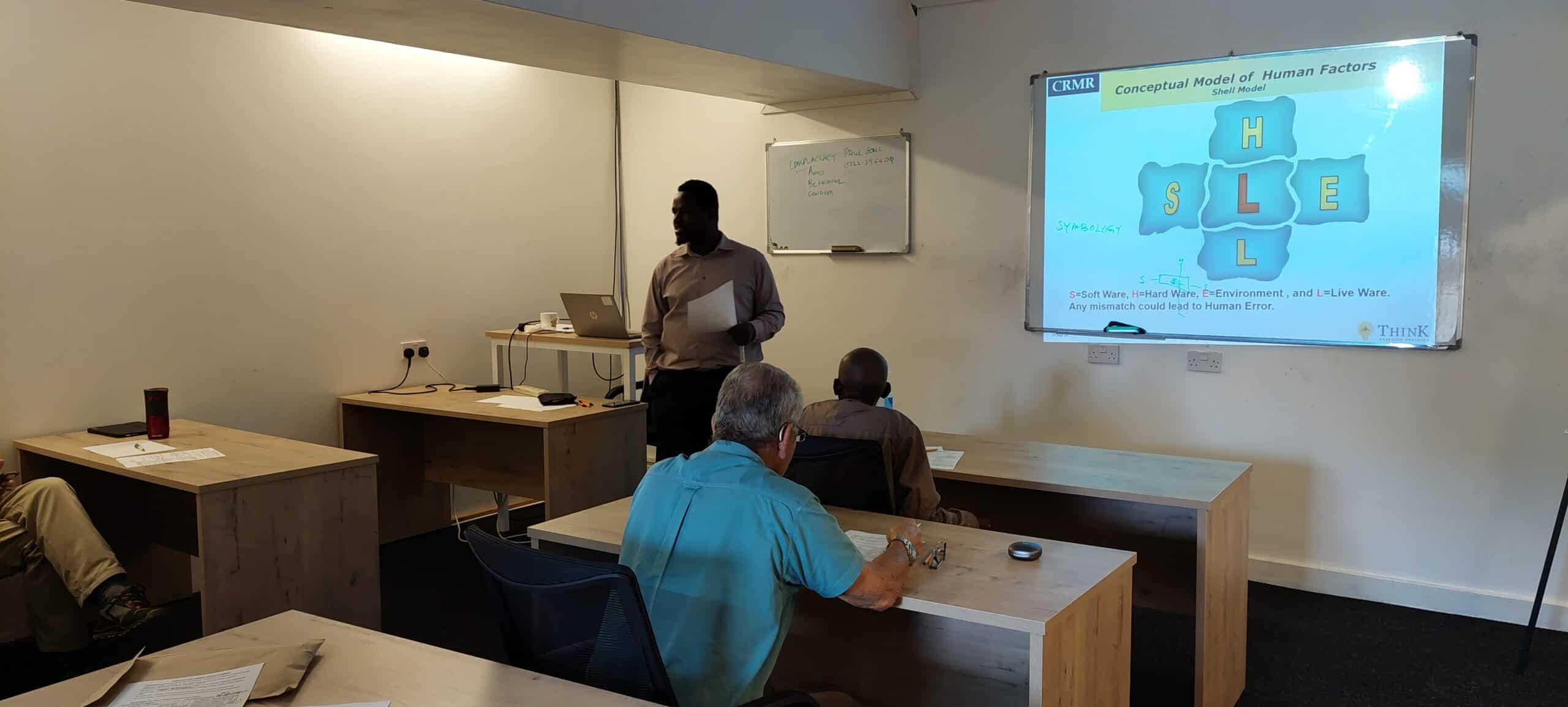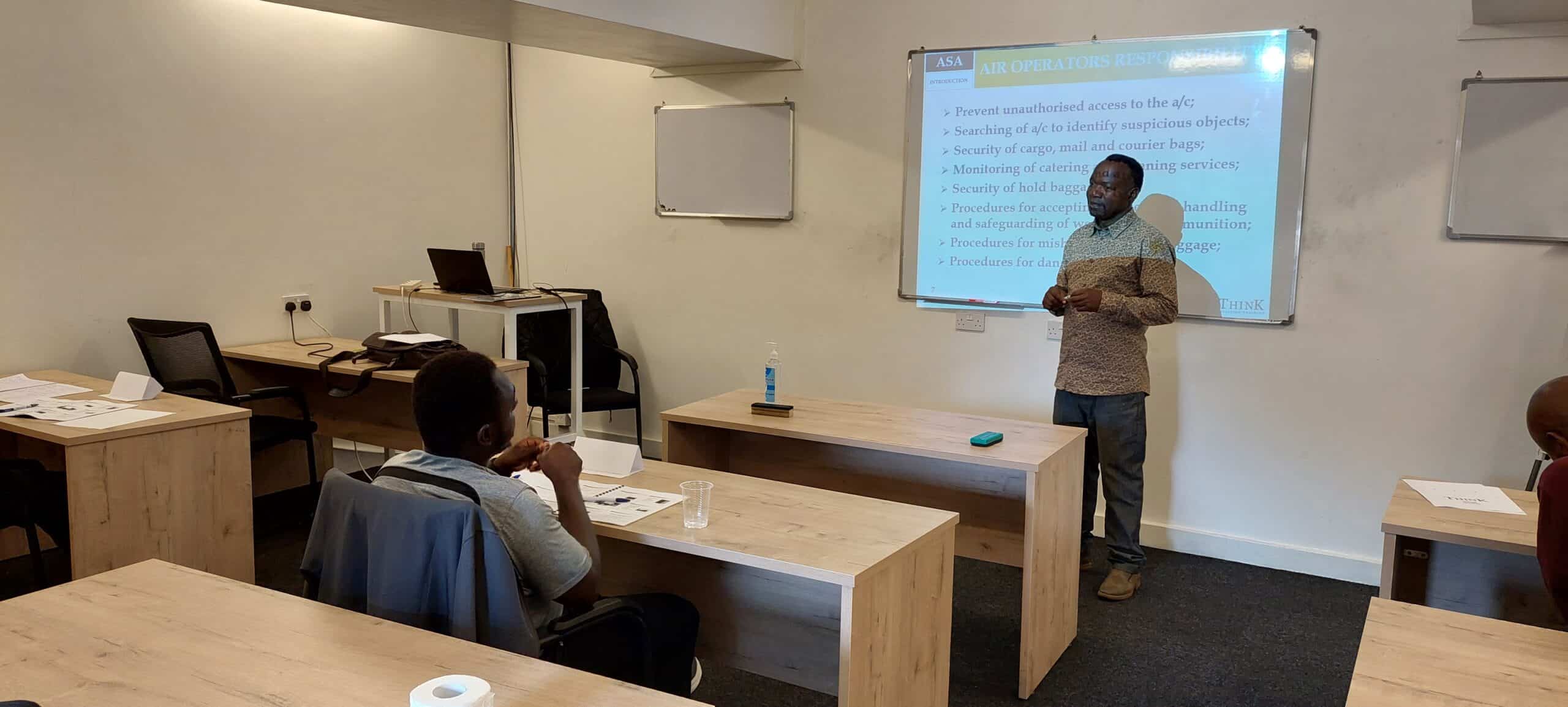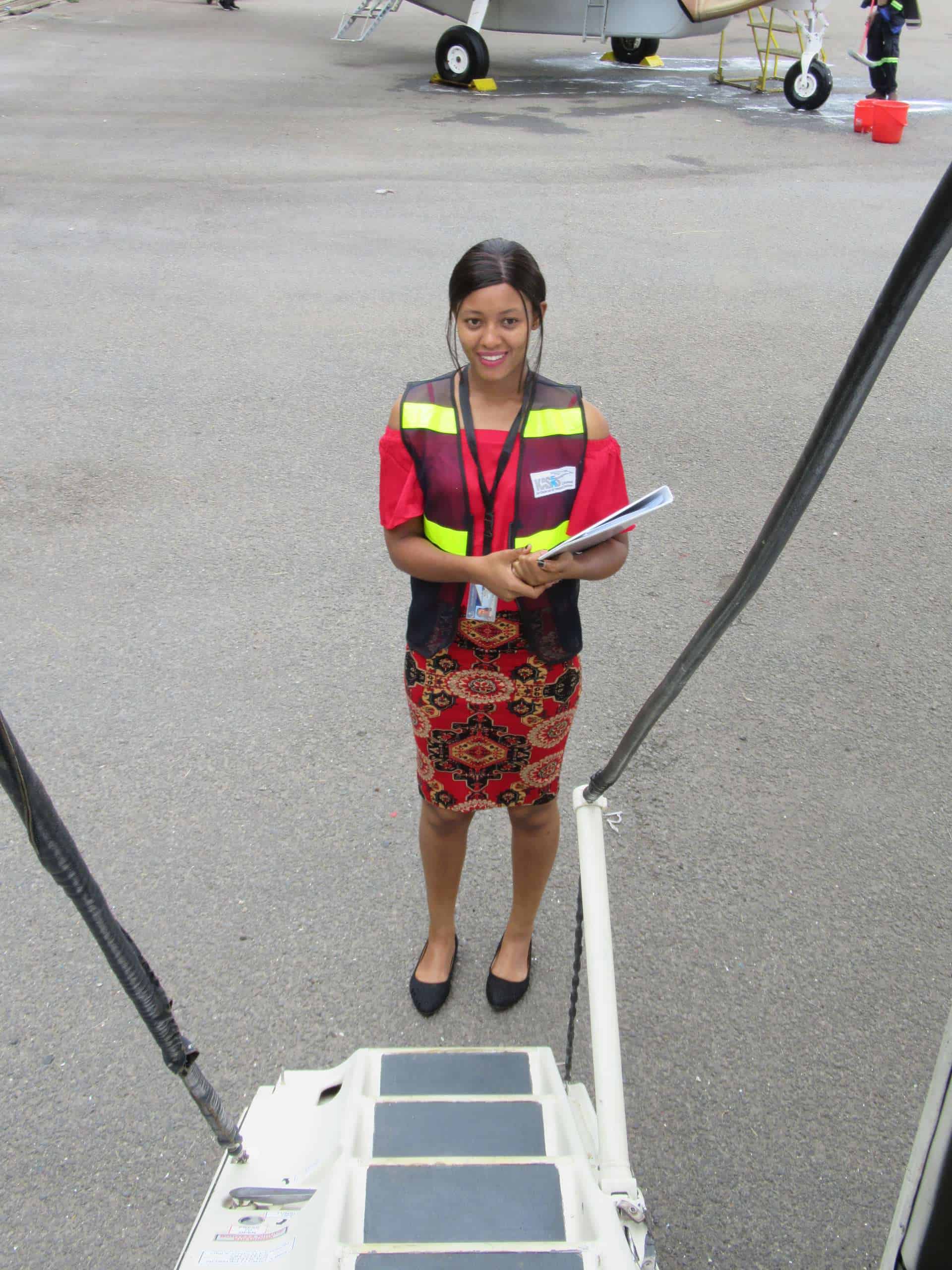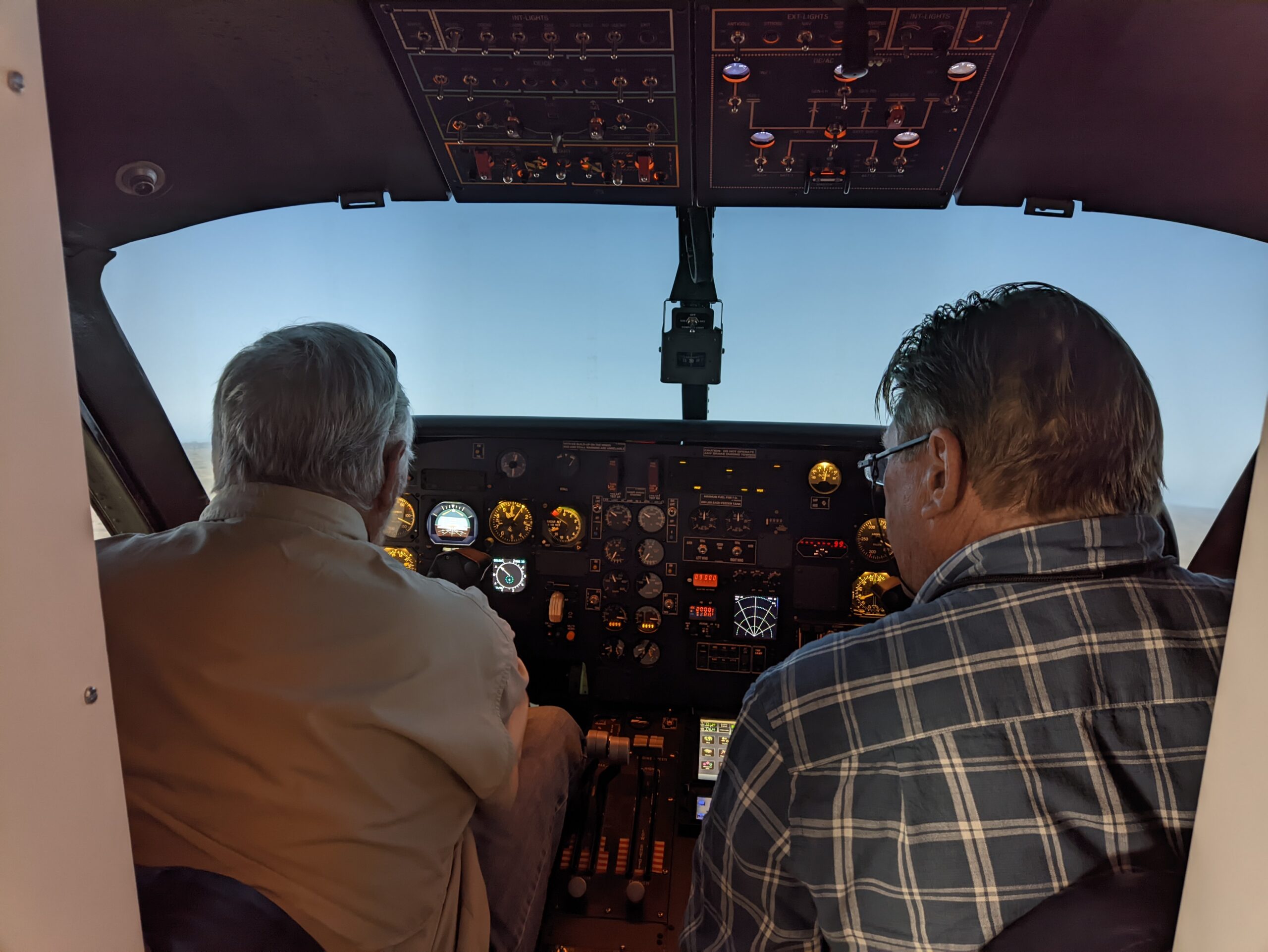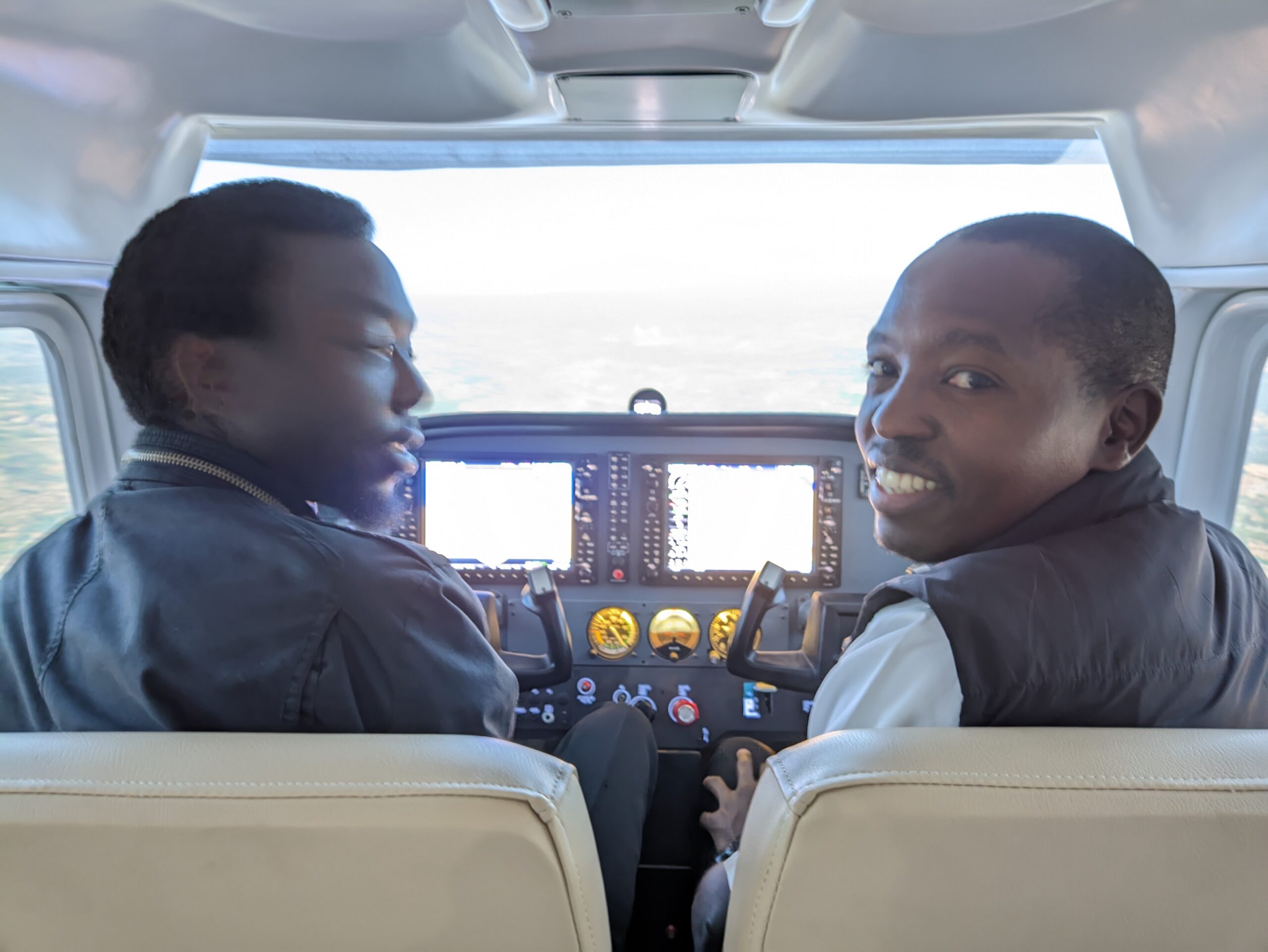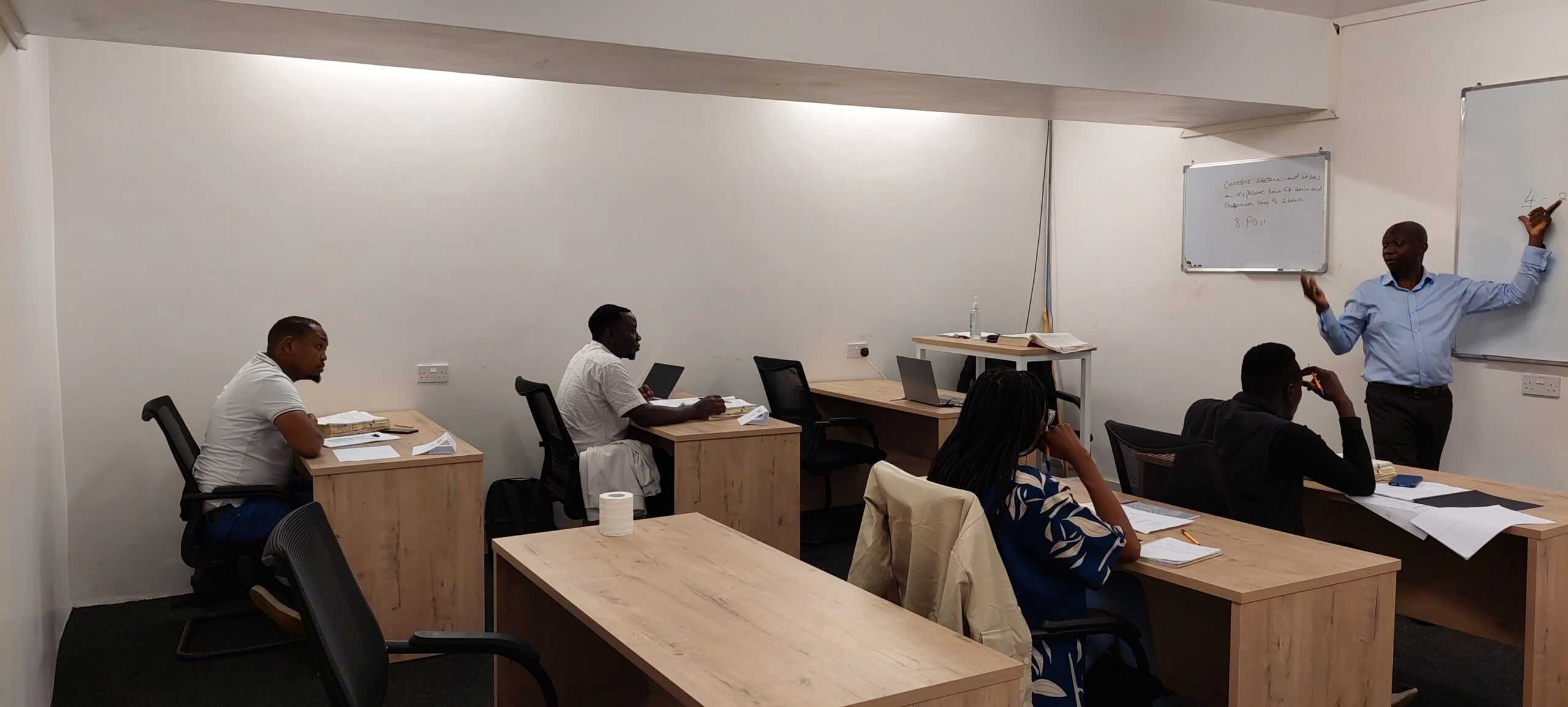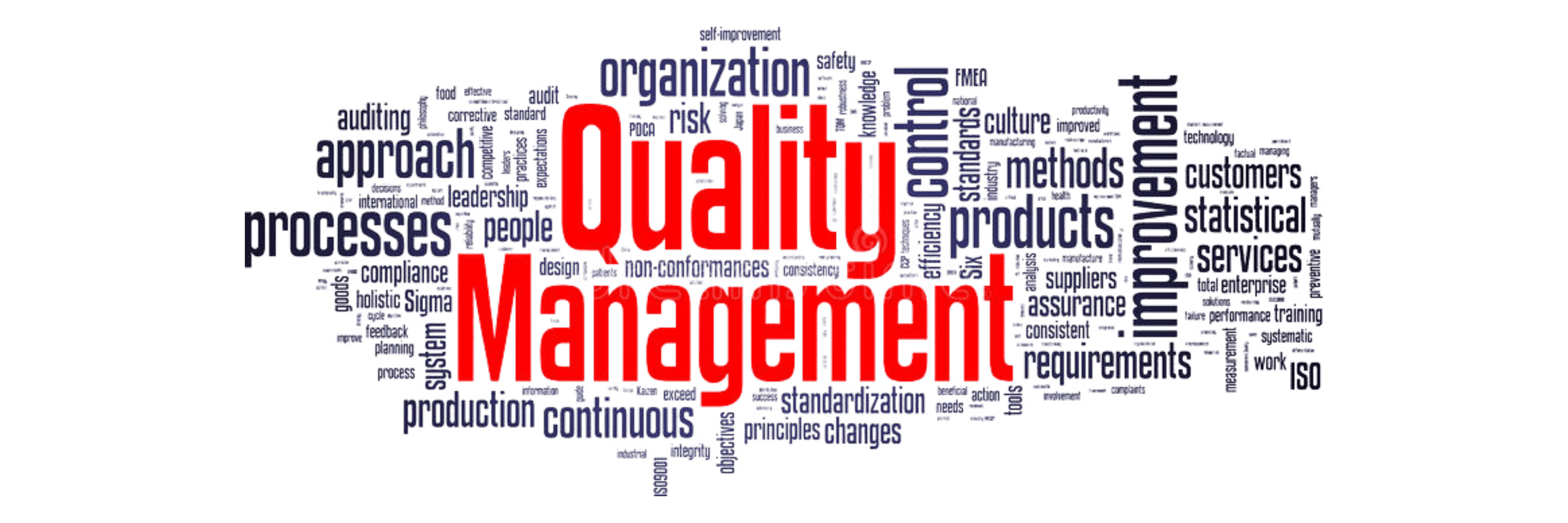
Course Overview
The Quality Management Systems (QMS) course in aviation is a comprehensive program designed to equip professionals in the aviation industry with the knowledge and skills necessary to implement and maintain effective quality management practices. This course focuses on the unique challenges and intricacies of the aviation sector, emphasizing the critical role of quality management in ensuring safety, compliance, and operational excellence. Participants will gain a clear understanding of how to develop, implement, and maintain a process-oriented quality management system and how to perform and report quality audits. A key aspect of this course is the practical exercises, where different tools and techniques are used. You will be enabled to work as an internal auditor and gain compact expertise concerning quality management systems in accordance with the relevant regulations and requirements.
Course Duration: 4 Days
Price: 4 Days – $650 plus VAT
Key Topics Covered
- Introduction to Quality Management Systems
- Overview of QMS principles and their application in aviation.
- Understanding the importance of a robust QMS in enhancing safety and performance.
- Regulatory Framework
- Exploration of international and national regulations governing quality management in aviation.
- Case studies and real-world examples illustrating the consequences of non-compliance.
- ISO 9001 Standards for Aviation
- In-depth analysis of ISO 9001 standards tailored to the aviation industry.
- Practical insights into implementing and maintaining ISO 9001 certification.
- Risk Management in Aviation
- Identification and assessment of risks in aviation operations.
- Strategies for integrating risk management into the QMS to enhance safety and prevent incidents.
- Auditing and Inspection
- Techniques for conducting internal and external audits in accordance with aviation standards.
- Preparation for regulatory inspections and compliance assessments.
- Continuous Improvement
- Principles of continuous improvement and their application to aviation processes.
- Case studies on successful implementation of continuous improvement initiatives in aviation organizations.
- Document Control and Record Keeping
- Best practices for document control and record-keeping in aviation QMS.
- Ensuring traceability and accountability through meticulous documentation.
- Human Factors in Quality Management
- Understanding the impact of human factors on quality and safety in aviation.
- Strategies for incorporating human factors considerations into the QMS.
- Case Studies and Industry Insights
- Analysis of real-world case studies from the aviation industry.
- Guest lectures and insights from experienced professionals in the field.
- Practical Application and Simulation
- Hands-on exercises and simulations to reinforce theoretical concepts.
- Application of QMS principles to hypothetical aviation scenarios.
Teaching Methodology:
Interactive Lectures
Engaging lectures delivered by industry experts, covering key concepts, regulatory frameworks, and best practices in aviation quality management systems.
Interactive Q&A sessions to encourage participant engagement and address specific queries.
Case Studies and Real-World Examples
In-depth analysis of real-world case studies drawn from the aviation industry.
Practical examination of successful and unsuccessful quality management implementations, offering valuable insights for participants.
Workshops and Group Activities
Hands-on workshops allow participants to apply theoretical knowledge in practical scenarios.
Group activities promoting collaborative problem-solving and fostering a deeper understanding of quality management challenges in aviation.
Virtual or on-site visits to aviation facilities, enable participants to observe and understand the implementation of quality management systems in real-world operational environments.
Facilitated discussions with on-site experts to address specific industry-related questions.
Simulation Exercises
Interactive simulation exercises simulating various aviation scenarios.
Participants apply QMS principles to address challenges, make critical decisions, and manage quality in a dynamic and simulated aviation environment.
Assessment and Feedback
Regular assessments to evaluate participant understanding of course material.
Constructive feedback is provided by instructors to guide participants in their learning journey.
By the end of the Quality Management Systems in Aviation course, participants will have a deep understanding of the critical role that effective quality management plays in the aviation sector. They will be equipped with practical skills to implement, audit, and continuously improve quality management systems, ensuring the highest standards of safety and compliance in aviation operations
